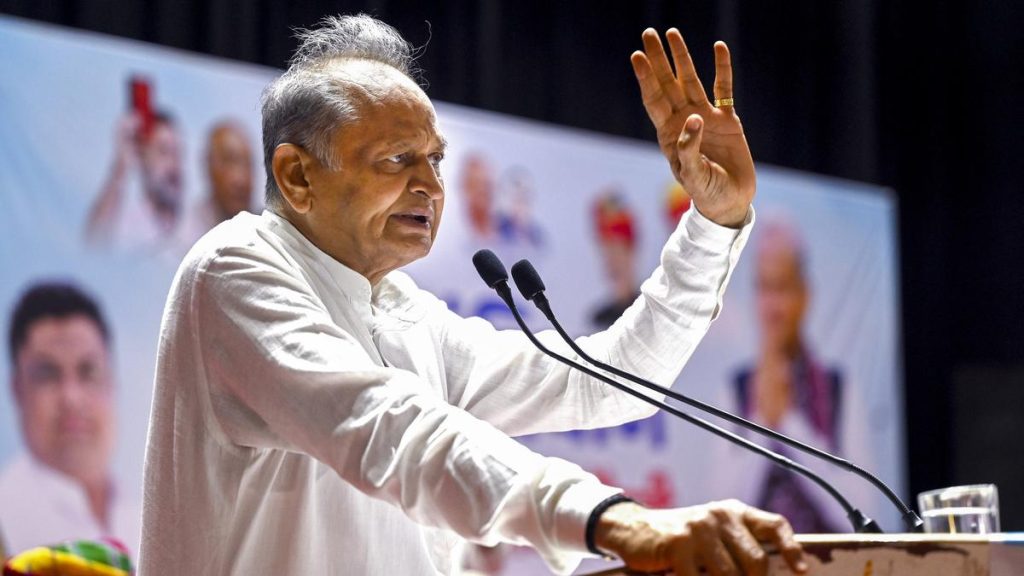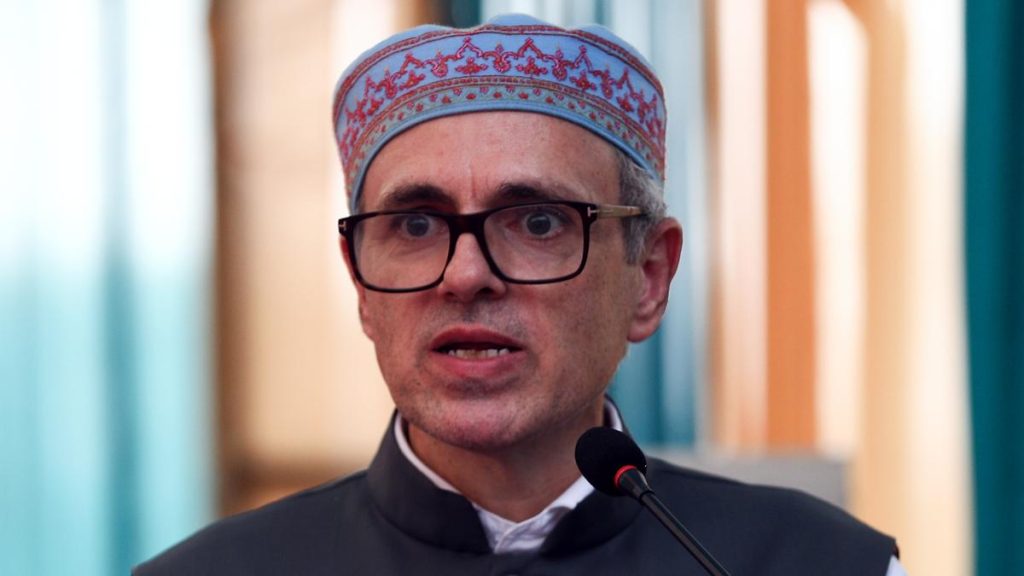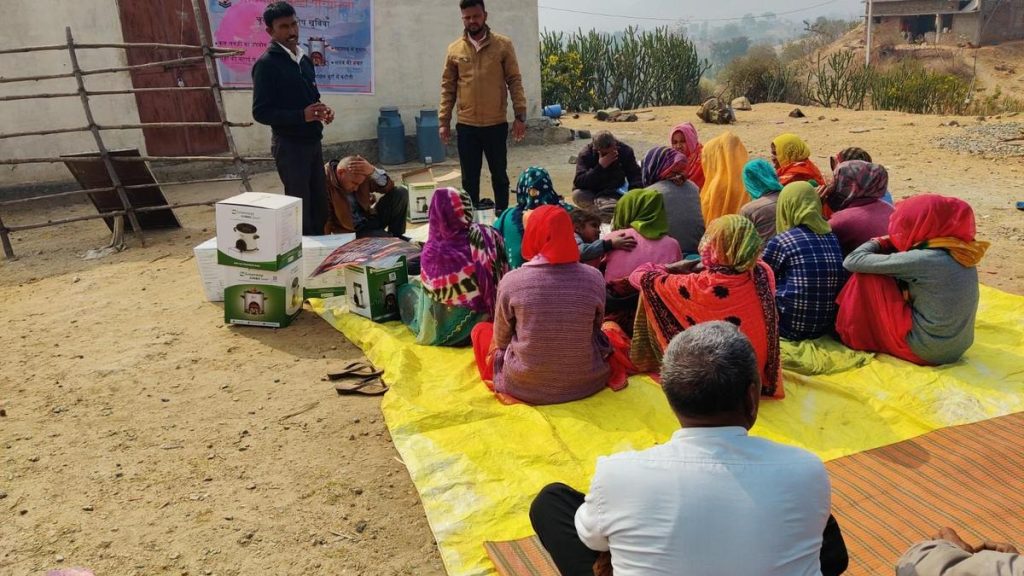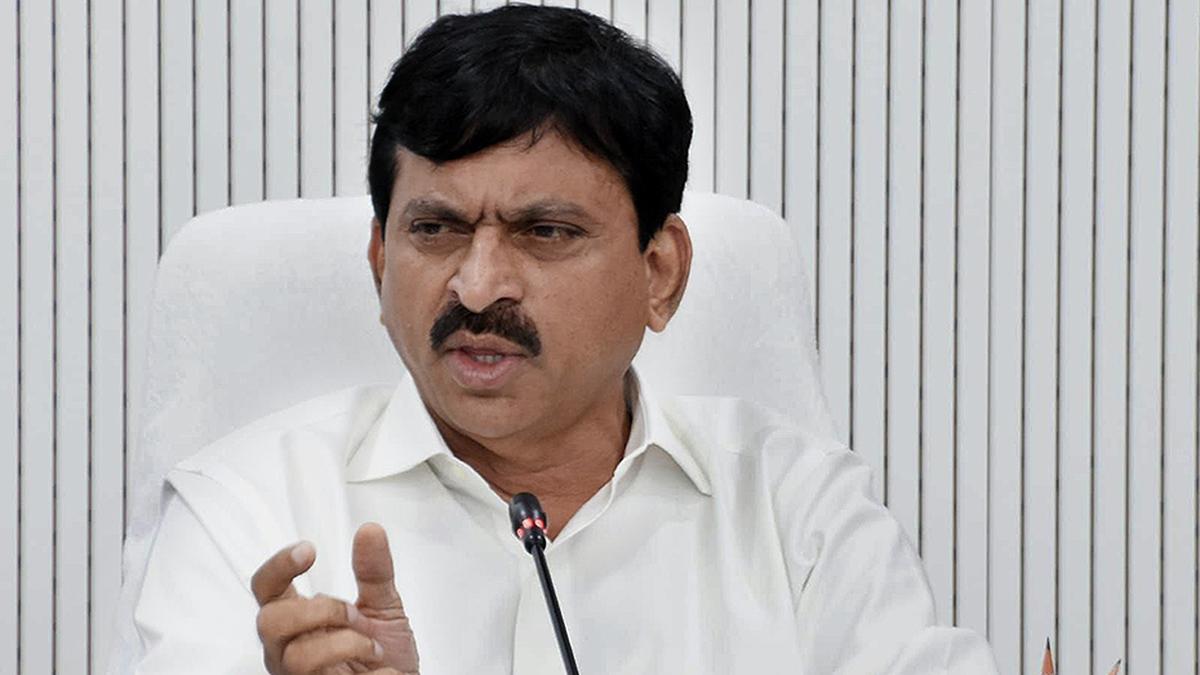Now Reading: JD(S) MLA Accuses Karnataka Govt of Biased Fund Allocation for Development
-
01
JD(S) MLA Accuses Karnataka Govt of Biased Fund Allocation for Development
JD(S) MLA Accuses Karnataka Govt of Biased Fund Allocation for Development

Quick Summary
- MLA Allegation: JD(S) MLA for Shravanabelagola,C.N. Balakrishna, accused the Congress-led state government of discriminating against Opposition legislators in fund allocation for progress works.
- Constituency concerns: He claimed that no funds (₹50 crore or ₹25 crore) were provided to his constituency and highlighted issues like damaged roads and public grievances due to heavy rains.
- Comparison with Previous Governance: Balakrishna alleged that siddaramaiah, during his earlier tenure as Chief Minister, treated all legislators equally but has not done so this time.
- Remarks on Rahul Gandhi’s Allegation: The MLA commented on Rahul Gandhi’s allegations against the Election Commission, urging him to submit complaints under oath as required by procedure.
- Congress Victory vs Voter list manipulation Debate: He questioned Congress’s accusations of voter list manipulation while pointing out its meaningful win in Karnataka assembly polls (136 seats).
- On Prajwal Revanna Conviction: Balakrishna responded to the rape case conviction of former MP prajwal Revanna by stating that court judgments should be respected and noted opportunities for appeal in higher courts.
Indian Opinion Analysis
The remarks by JD(S) MLA C.N. Balakrishna highlight political tensions surrounding resource allocation between Karnataka’s ruling party and opposition legislators. Disputes over fund distribution for development works raise concerns about equitable governance practices – a longstanding issue in many democratically elected administrations. His comparison with Siddaramaiah’s previous leadership suggests shifting dynamics within political frameworks depending on electoral outcomes.
Balakrishna’s commentary on Rahul Gandhi’s claims regarding election procedures calls attention to procedural integrity while indirectly questioning Congress’s credibility over alleged voter list manipulations amidst their resounding victory in Karnataka polls. his neutral stance regarding Prajwal Revanna’s conviction underscores respect for judicial processes but leaves room for further legal developments.
This scenario adds layers to the ongoing political narratives within Karnataka where development works often become intertwined with inter-party rivalries-possibly impacting both public services and legislative collaboration.
























